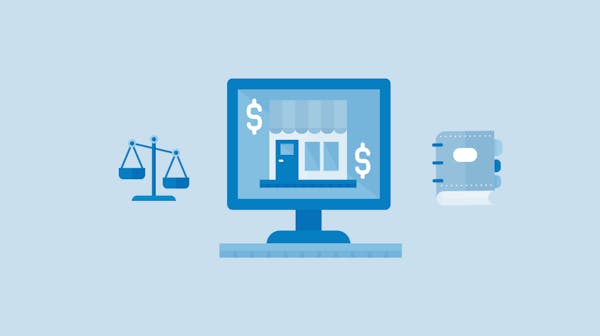Proper invoice management is essential for ensuring tax compliance and preparing accurate financial reports. However, without understanding the specific types of invoices and regulatory requirements, entrepreneurs may face challenges in fulfilling their invoice tax obligations.
Navigating Invoice Tax Obligations for Entrepreneurs
- Significance of Invoice Management for Tax Compliance
For new entrepreneurs, understanding the direct correlation between invoicing and invoice tax obligations is crucial. Inaccurate or late invoicing can result in penalties, skewed financial forecasting, and potential legal issues. For instance, underreporting revenue due to disorganized invoicing could lead to substantial fines and undermine investor confidence.
- How Invoices Serve as Proof of Income and Expenses
Far from being mere payment requests, invoices are legal proofs for income and expenses, playing a pivotal role in your invoice tax obligations. Further, invoices detail the services rendered or products supplied, which can justify business-related deductions or refute discrepancies during tax audits. Immersing into the world of invoicing, you'll discover that these documents are part of a fundamental financial management strategy.
Types of Invoices and Their Tax Implications
- Standard Invoices and VAT/GST Requirements
Getting to grips with standard invoices and understanding VAT/GST in the context of invoice tax obligations is non-negotiable. For example, if you run a graphic design company and you are a VAT/GST payer, you must include VAT/GST in your invoices. Subsequently, you may offset the VAT/GST paid on business purchases against your taxable income.
- Specialized Invoices such as Proforma and Advance Invoices
Proforma invoices can be used to secure initial client deposits against taxable income, while advance invoices help establish a revenue forecast, affecting your tax planning. These invoices play unique roles in financial forecasting and payment security, demanding consideration within your tax strategy.
The Role of Invoices in Tax Deductions and Audits
- Documentation for Tax-deductible Business Expenses
Invoices are the backbone of claiming tax deductions. They are concrete proof of expenses that can significantly lower your taxable income. Ensure every claim is backed by a solid paper trail, simplifying your work when the taxman cometh.
- Importance During Audits and Financial Reviews
If an audit or financial review occurs, well-organized invoices are your best line of defense. They provide a clear, chronological narrative of your financial activities, demonstrating your adherence to regulations.
Best Practices for Invoicing to Fulfill Tax Obligations
- Maintaining Accurate Records and Timelines
Erroneous invoicing can have consequences ranging from minor bookkeeping headaches to audits and penalties, which could be detrimental for a start-up's cash flow and reputation.
- Ensuring Invoices Meet Legal Requirements
Beyond the numbers, each invoice must meet certain legal criteria to be deemed valid. From issuing a proper tax invoice to maintaining records for a stipulated period, compliance is key.
Utilizing Invoicing Software to Manage Tax Obligations
- Automated Invoicing and Its Impact on Tax Reporting
Automation integrates your invoicing with accounting systems, streamlining your invoice tax obligations. This continuous sync means that every transaction is instantly logged, leaving no gap in your tax records.
- Features of Invoicing Software That Aid in Tax Compliance
While streamlined billing is a given, advanced features of digital invoicing allow for robust tax records. Choosing the right platform can make tax reporting a breeze rather than a chore.
- The Way Forward for Starting Entrepreneurs
To ensure you're on top of your invoicing and tax obligations, tools like InvoiceOnline offer clear tracking of paid and unpaid invoices, simplifying your financial management.




